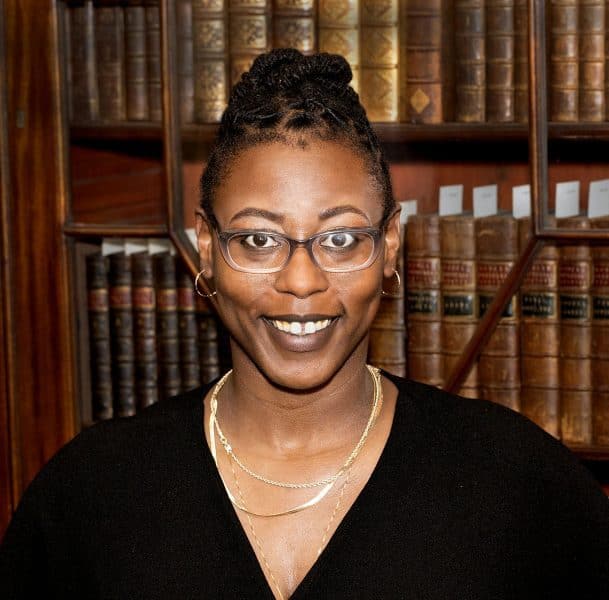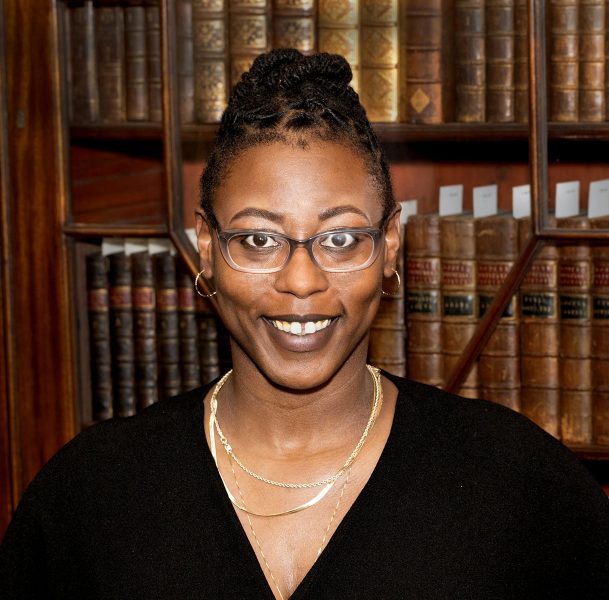Ashley Council
Mellon Scholars Intern
Mellon Scholars Research Project: Ashley Council
In a series of occasional blog posts, participants in our Mellon Scholars Internship and Workshop programs will introduce themselves, discuss their experiences at the Library Company, and share their goals for pursuing careers in the field of early African American history. This program is generously funded by the Andrew W. Mellon Foundation.
Before diving into my research project, I want to talk little about myself and the Mellon Scholars program. My name is Ashley Council. Though originally from Georgia, I currently reside in Baltimore, Maryland as graduate student at Morgan State University. I am studying African-American history, with a particular interest in the experiences of black women. I initially applied to the program with the rather simple hope of sharpening my research skills and producing a strong application for PhD programs as well boosting my curriculum vitae. Yet, this internship has become so much more; transformative even. When I first arrived, I struggled to envision myself as a maturing scholar and future educator. However, this program—coupled with the support of Dr. Erica Armstrong Dunbar, Dr. Michael Dickinson, and the amazing staff and resident fellows at The Library Company—gave me the confidence and the know-how to be successful. They gave me permission to be selective about my path and to see myself and work as valuable. Further, this internship provided me with practical information and strategies about approaching graduate school and a career in academia, allowing me to make an informed decision about my future. I want to become an educator because the knowledge I have gained in the classroom and from other scholarly pursuits gives me hope that I can impact the lives of African-American women and others. The Mellon Scholars Program gave me the skills necessary to realize that dream.
Shifting to my research, I am most intrigued by black women’s struggle to gain access to the most basic human and citizenship rights, especially the right to one’s autonomous body. Sexism, particularly in the form of sexual exploitation and violence, loomed as large as racism as an oppressive force in the lives of enslaved women, and thus slavery requires both a racial and gendered analysis. My research project aims to demonstrate within the horrifyingly common spaces of rape and sexual assault at the hands of white men, some enslaved black women negotiated their experiences to their benefit. Despite the pressure of expected racialized and gendered performances, some black women attempted to use their very limited power to influence or mitigate their fate. Couched within this conversation are white ideations of black female identity. With this project, I also want to explore the duality of the hypersexual and deviant, desirable and repugnant construction of black womanhood under slavery. I intend to be that historian that pushes past the tendency to minimize or silence that which is uncomfortable and articulates the centrality of sex and gender to slavery and its implications for the enduring legacy of that peculiar institution.



